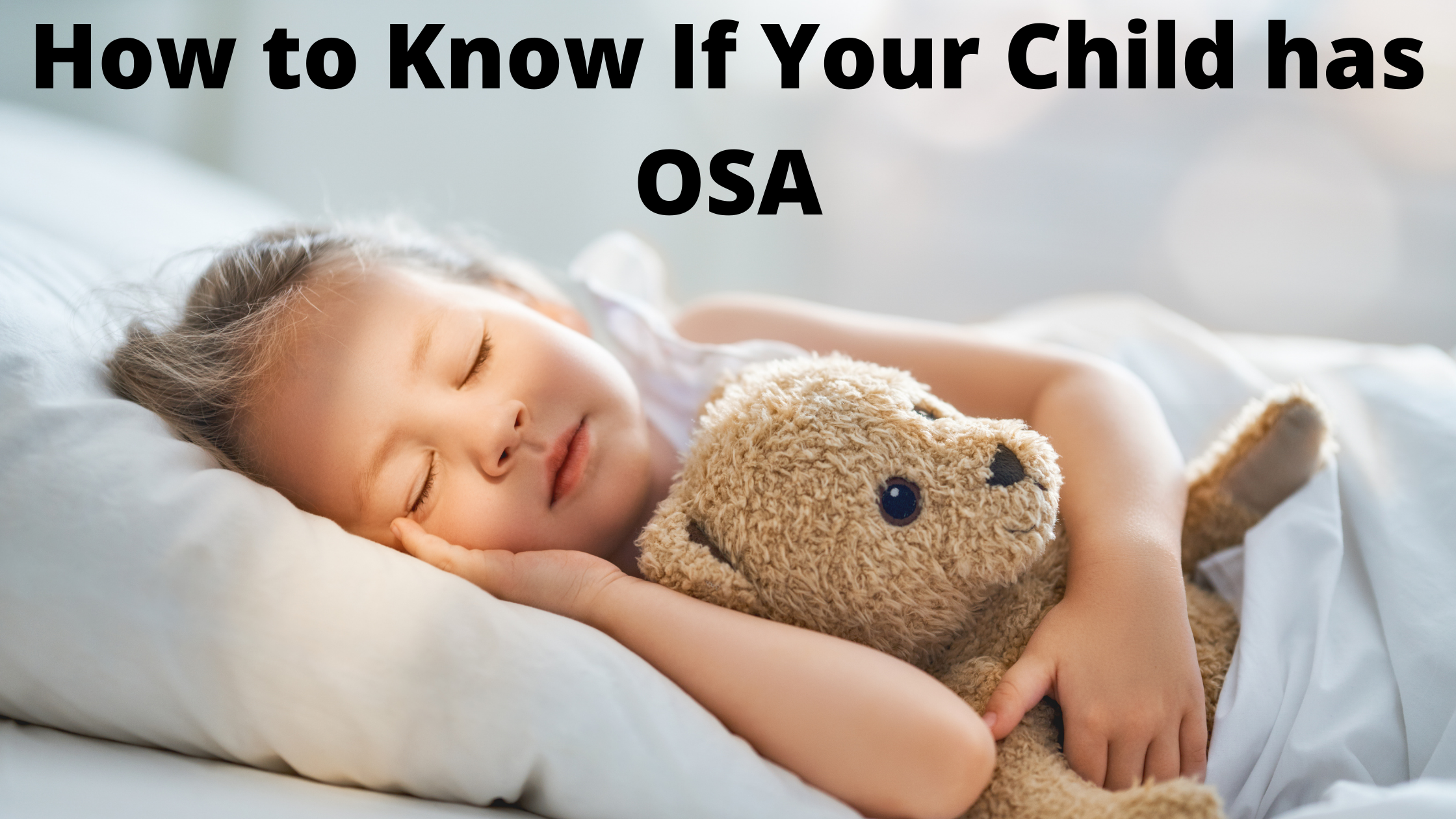Sleep apnea is a sleep disorder that impacts your ability to breathe during the night. Although discussed as a part of adult health, children could also be at risk for sleep apnea. It's important that you recognize if your child has sleep apnea and get them the proper help as proper oxygenation and quality sleep is important for their growth and development.
Children's Sleep Needs
Children are more active and sleep better and deeply than adults. As we age our circadian rhythm shifts, and there's a decline in sleep quality. But, all children do not sleep as peacefully as expected. Those suffering from sleep apnea tend to have restless sleep, snore and have night terrors. The lack of sleep makes these kids dull and lead to attention problems at school affecting their learning and development process.
When children are sleep deprived, they are unable to give their brains the time needed for restoration, memory consolidation, and rest. This can slow down the necessary release of hormones responsible for proper growth and development, including human growth hormone.
Sleep Apnea Risks in Children
Children are at a higher risk now more than ever of developing sleep apnea due to sedentary lifestyle, obesity prevalence, and improper dietary habits. The most common cause of OSA in childhood is adenotonsillar enlargement and obesity. OSA is also common in preterm babies or children having small jaw or neuromuscular disorders.
What is OSA?
Obstructive sleep apnea, OSA, is a disorder where the muscles supporting the soft tissues in the throat relax during sleep which causes a partial or complete obstruction, cutting of the child's breathing temporarily. Then the brain will wake up the child briefly to begin breathing again, all of which interrupts the child's ability to get a good night's sleep.
In the morning, the child may not remember waking up to begin breathing, or even the snoring, but they may just feel extremely tired without knowing why.
Some common symptoms of OSA include:
- snoring
- labored or obstructed breathing during sleep
- sleepiness in the day time
- hyperactivity
- behavioral or learning problems.
If your child seems to not be getting adequate sleep during night and finding it difficult to concentrate on school work, or having respiratory difficulties at night, then it may be time to contact a health expert immediately.
Treatment for sleep apnea
It's important that if you suspect your child has OSA you seek treatment immediately. OSA should not be taken lightly as complications can lead to hypertension, obesity, diabetes, ADHD, depression or developmental delay.
There are drugs that help to treat OSA depending on the root of the disorder. Lifestyle modification and exercise is also going to help if the cause of OSA is obesity. Based on the cause of OSA, adenotonsillectomy (removal of the adenoids), and drugs like Montelukast, as well as machines like BiPAP and CPAP are other treatment options.
If you are concerned that your child has sleep apnea, please click the orange button below to talk to a sleep professional today.
https://www.hindustantimes.com/lifestyle/health/how-to-know-if-your-child-has-sleep-apnea-101637494322369.html


